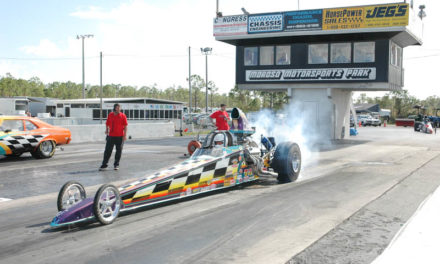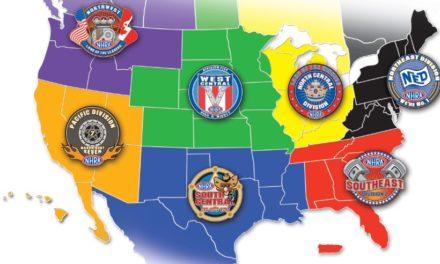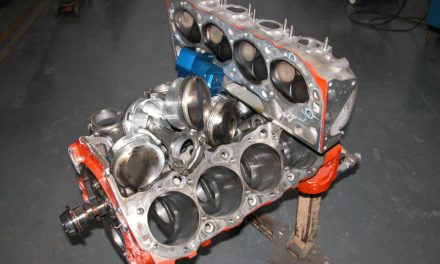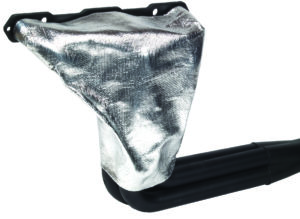Luck
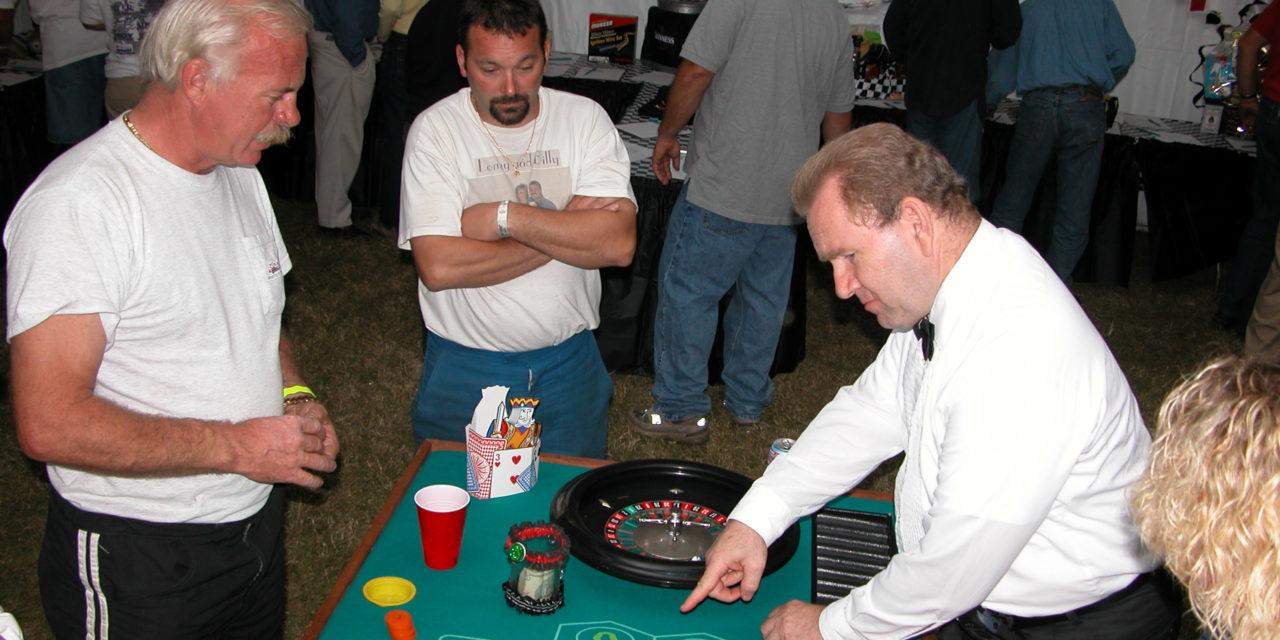
The scientist Louis Pasteur (the one pasteurization is named for) said that “chance only favors the prepared.” While simple in principle, it is actually quite difficult to follow in practice. I always feel prepared for some luck to head my way. Every time I stage, I am more than prepared for my opponent to go way red, but that doesn’t seem to happen often enough. We all know that one guy though who isn’t that great of a driver, but is always in the late rounds and, many times, the winners circle. This is the guy whose reaction time of the day rarely begins with 0.01 or better. He gets all the breaks with opponents who are red, break on track or just flat miss it that round. Why does this happen to them so often compared to others?
According to research, there are four principles of lucky people. Lucky people create, notice and act upon chance opportunities; make successful decisions using their intuition; have expectations about the future to help them full their ambitions; are able to transform their bad luck into good fortune. So being optimistic and on the look out for good opportunities will help. Basically, being opportunistic, trusting your gut and being optimistic improve your chances of being lucky. That might mean looking at the bad first round beat as an opportunity to get home early and spend extra time with the family or being happy it was first round and you can buy back.
There have also been studies that focused on gamblers’ hot streaks in roulette and craps. They found that a person on a streak (two wins in a row) had a 57% chance of winning the next one but a person who had lost two bets in a row has only a 40% chance of winning their next bet. This seems like a weird outcome, but the data showed people on the hot streak gradually made safer plays and kept their streak alive. The opposite was true for those on the losing streak. They made riskier bets and kept their streak alive as well. I know that when I am late on the tree, I sometimes push too hard to take a little and end up giving up the finish line.
Many racers, my father included, are superstitious about their routine. If my mom rode the golf cart to the lanes with him first round and I walked, well then you bet he was making me walk up there every round while my mom rode the golf cart. While I would say that I am not a superstitious person, I definitely have certain racing and life routines that I try to always keep the same. Not surprisingly, there has been research into superstitions as well. Studies have shown that it is not the routine or the lucky charm itself doing the work, but the perception on the user that they were effective and assisted with the task at hand. This boosted confidence and in turn boosted performance. Alternatively, breaking that routine caused anxiousness and stress.
So what did we learn? Other than I like reading up on trivial matters, it seems that you can “improve” your luck according to science. While it might not improve initial outcomes, how you react and approach the next round may be impacted by how you react to the previous rounds. Personally, these studies might help guide me on how I dial or approach some rounds. I know I will definitely be keeping an eye on my lucky friends to see how they do things though. Overall though, trying to be relatively optimistic and opportunistic has a positive net effect. After all, who wants to hang out with a depressed buddy all the time. Much better times are had when everyone is smiling and open for what’s next whether they are winning or losing on the track. -Franklin DiBartolomeo



